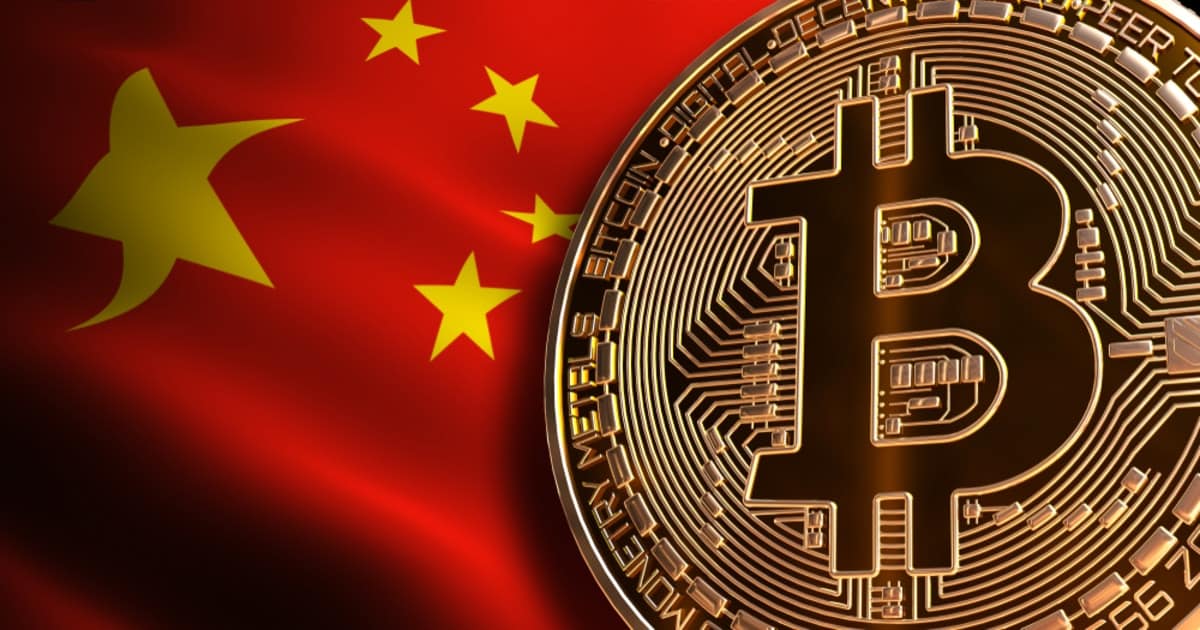China’s Tax Official newspaper calls for Crypto taxation, Does this indirectly legalize crypto?

The Chinese tax publication, China Tax News called for taxing past cryptocurrency profits using the Ex post facto law, also known as the principle of “law is not retroactive”. This means that the services provided by overseas exchanges to residents of China before the official crypto ban will now be required to pay tax in accordance with China’s tax law, on their income from China before the government officially announced the decentralized markets’ illicit status in the country.
During the month of September, ten ministries and commissions along with the Central Bank issued the “Notice on Further Preventing and Disposing of the Risks of Virtual Currency Trading Hype” against foreign crypto exchange organizations in China. It laid down the legal framework that specified, “the provision of services by overseas virtual currency exchanges to Chinese residents through the Internet is also an illegal financial activity.”
“After the promulgation of the ban, some domestic trading platforms chose to “go overseas” to provide domestic users with related trading services in the form of “overseas institutions”, and gradually formed an exchange industry led by Binance, Huobi, and Ouyi. With the popularity of the virtual currency market in recent years, the transaction volume of related platforms has increased rapidly. The total 24-hour transaction volume of spot and derivatives on the top platform even exceeds one trillion yuan, which is close to the single-day transaction volume of the A-share market.”, stated China Tax News.
Unclear Crypto laws in China
However, the Chinese Journalist, Colin Wu argues that since China’s Central Bank had defined all crypto activities as illegal, taxation could indirectly recognize their legalization. Furthermore, even predate taxation still invalidates the government’s stance, as Chinese authorities had already defined crypto as illegal several times before the official PBOC notice.
Additionally, the China Tax News also stated that within the current legal framework, China has not banned individuals from holding cryptocurrencies such as Bitcoin. However, the transaction of virtual currencies is marked as an “invalid civil act”, which means its not explicitly prohibited by law. This raises manifold questions on China’s crypto stance, and on the government’s unclarity and contradicting crypto laws.
Recent Posts
- Crypto News
Michael Saylor’s “Green Dots” Message Hints At Fresh Bitcoin Buying As BTC Faces $90K Wall
Strategy executive chairman, Michael Saylor, caused fresh reactions with his latest post, which suggests a…
- Crypto News
Fed’s Hammack Signals No Rush to Cut Rates as January Hold Odds Near 80%
Cleveland Fed President Beth Hammack has said that there is no urgency to cut interest…
- Crypto News
XRP ETFs Reach $1.21B as Asset Managers See a ‘Third Path’ Beyond Bitcoin
U.S. listed spot XRP ETF products surpassed $1.21 billion in total net assets by Dec.…
- Crypto News
Nearly $50M in USDT Stolen After Address Poisoning Scam Targets Crypto Trader Wallet
A cryptocurrency trader has lost nearly $50 million in USDT after falling victim to an…
- Crypto News
Breaking: Rep. Max Miller Unveils Crypto Tax Bill, Includes De Minimis Rules for Stablecoins
Rep. Max Miller is circulating a 14-page draft of a proposed crypto tax bill in…
- Crypto News
XRP Holders Eye ‘Institutional Grade Yield’ as Ripple Engineer Details Upcoming XRPL Lending Protocol
Ripple engineer Edward Hennis has provided key details about the upcoming XRP Ledger (XRPL) lending…